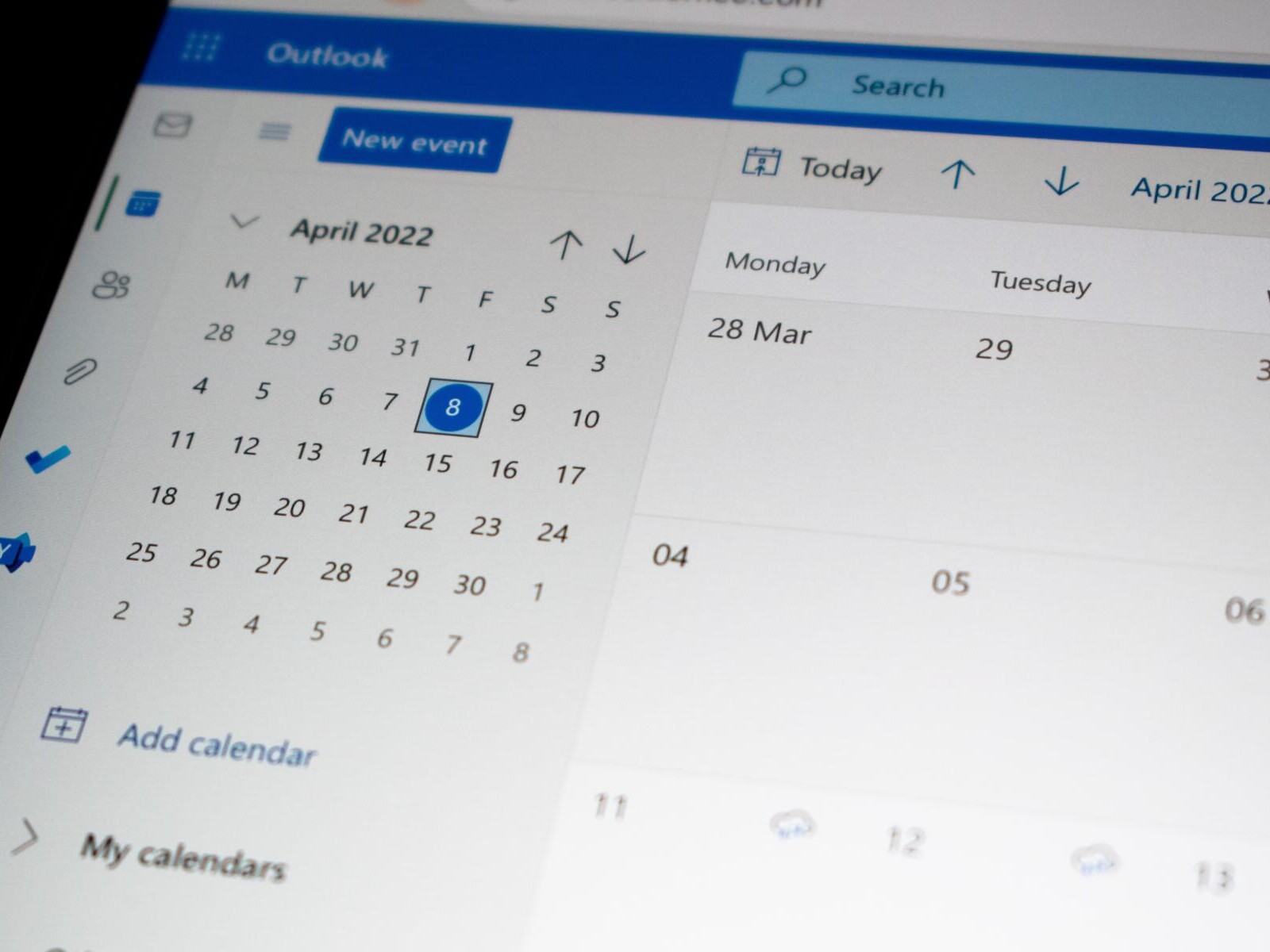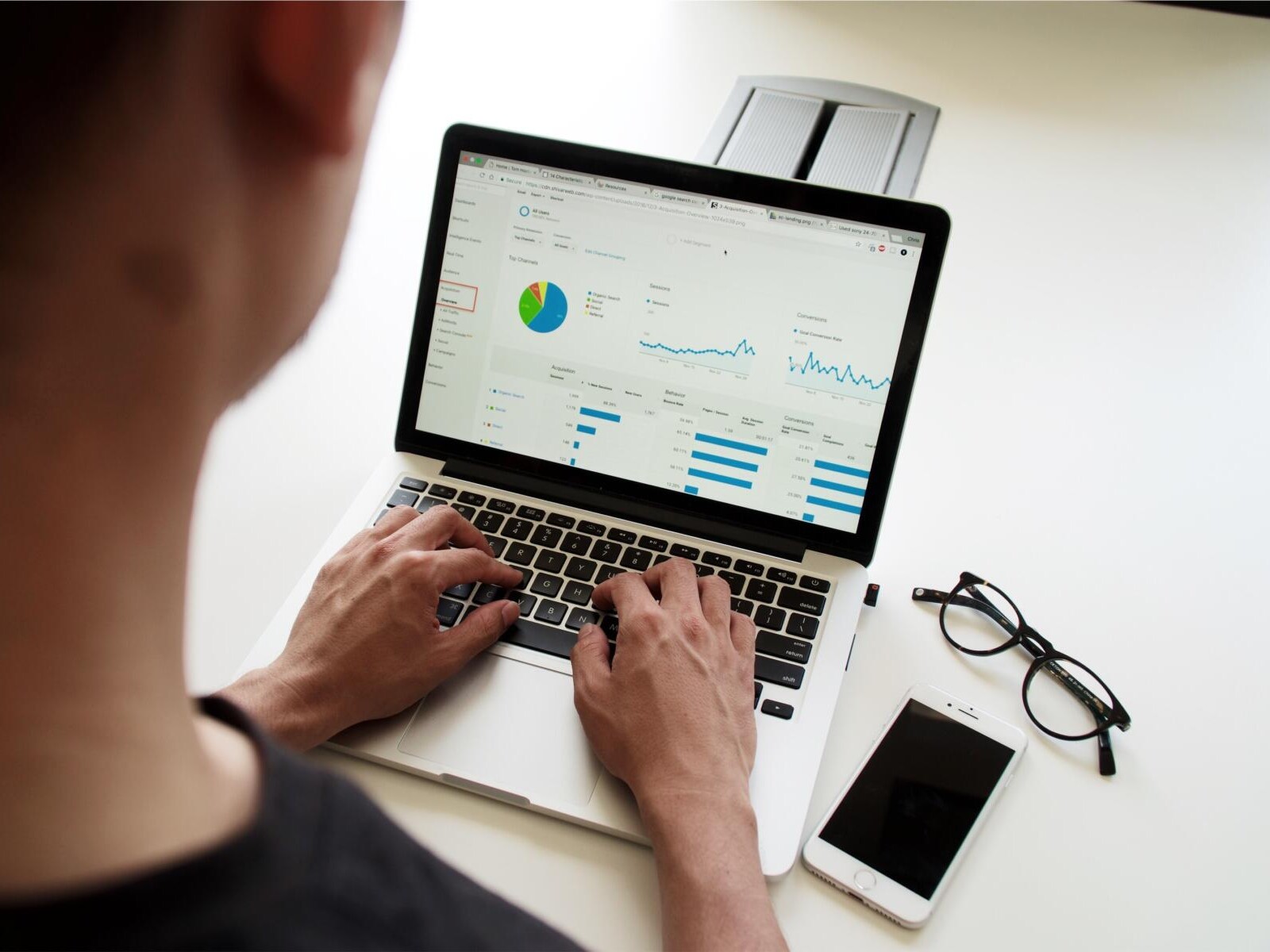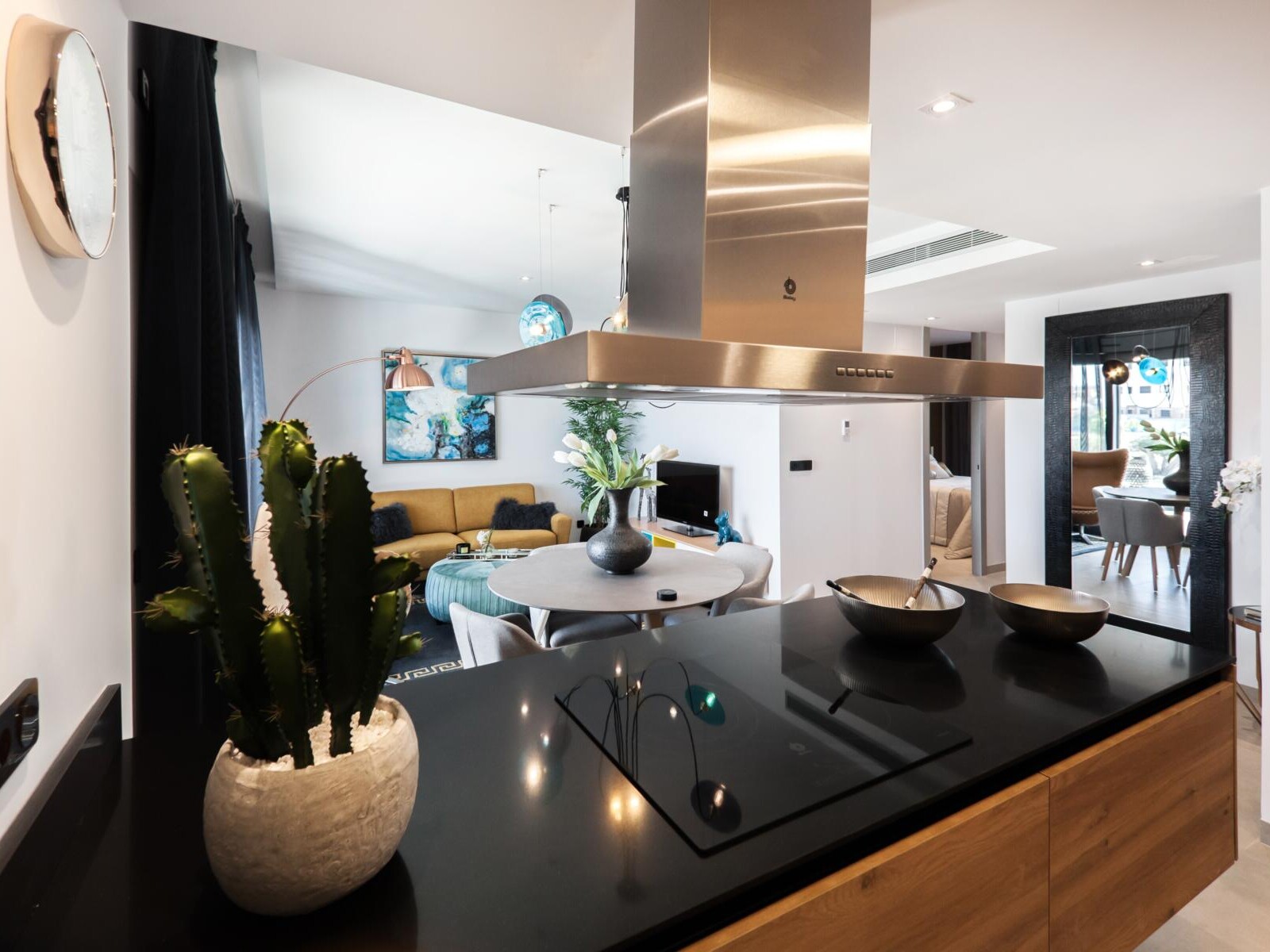“If you can’t measure it, you can’t manage it.” stated by Peter Drucker a guru of management. It is very important to know if your business activity is succeeding or failing. Therefore, you should keep a track on your performance without overloading with unnecessary metrics.
Tracking property management KPIs is critical, but it’s equally necessary to pick the ones that make sense for you and master a few key measurements first.
Why is it important to monitor property management KPIs?
A KPI can be defined as Key Performance Indicator and as the name implies, these data can provide you useful information regarding your performance. KPIs will help you define your next steps, will show you where you perform better or where you must implement a correction plan.
The most important Airbnb Hosting KPIs to track
Focusing on the most important goals, we suggest keep records of the following Airbnb KPIs. More specifically, there are five (5) KPIs which you can use to measure your performance.
1. Average Daily Rate (ADR)
Average Daily Rate (ADR) represents the average amount each guest pays for a night over a specified time period. It’s the division of the total amount by the number of nights sold. A high ADR may suggest that you make the most money during the high season, but it may also mean that your occupancy falls outside of these times. Therefore, you should always look on occupancy rate too (see below).
2. Direct Bookings
Tracking direct bookings is a crucial statistic for recurring business and especially in Airbnb management.
Aiming on more direct bookings, you have less dependency on OTAs which will help you to reduce the cost of the platforms’ fees. As we have already explained in another article, being available on many OTAs is still critical for your business.
Before optimizing direct bookings you have to take into consideration that additional expenses will incur, such as the creation of your own website and the hosting of a booking platform on that website, but by increasing your direct booking it will pay off in the long term.
To calculate the percentage of direct bookings you should divide the total number of direct bookings with the total number of reservations.
3. Listing Optimization
Except from numerical KPIs, there are also the qualitive KPIs. For example, listing optimization could affect other numerical KPIs such as ROI, ADR and occupancy. Listing optimization is crucial because it represents your home’s amenities in the available platforms. Therefore, a more optimized home has more possibilities to be booked in comparison to the competitors. Such factors could be:
• Would you want to book your listings if you saw them?
• When was the last time you updated your photos?
• How do you stack up against your competitors?
• Do your listings explain amenities, facilities, check-in and check-out procedures, and any other important practical details?
• How frequently do you update your listings to keep them up to date and relevant?
• Are your house rules and policies expressed simply and politely?
4. Occupancy Rate
The Occupancy Rate (OR) is expressed as a percentage. Divide the number of nights sold by the total number of nights in a particular time period to calculate it. The highest the occupancy rate the highest the possibility to be booked during a certain time period. Just keep in mind that lower ADR usually equates to increased occupancy and vice versa.
5. ROI
Return On Investment (ROI) is one of the most common and important business KPIs. The calculation is really is because you just take the total revenues and remove the total costs (including investments).
The equation is really simple, you can just improve your ROI by reducing the costs and increasing the revenues.
In Conclusion:
To conclude, it doesn’t matter if you are an experienced or new to the Airbnb management. Just try to have a close monitor to these five elements – KPIs in order to understand better the business. At the end of the day by starting a business you should be ready to invest some time to get familiarized with the KPIs. You always want to know how your money perform.






